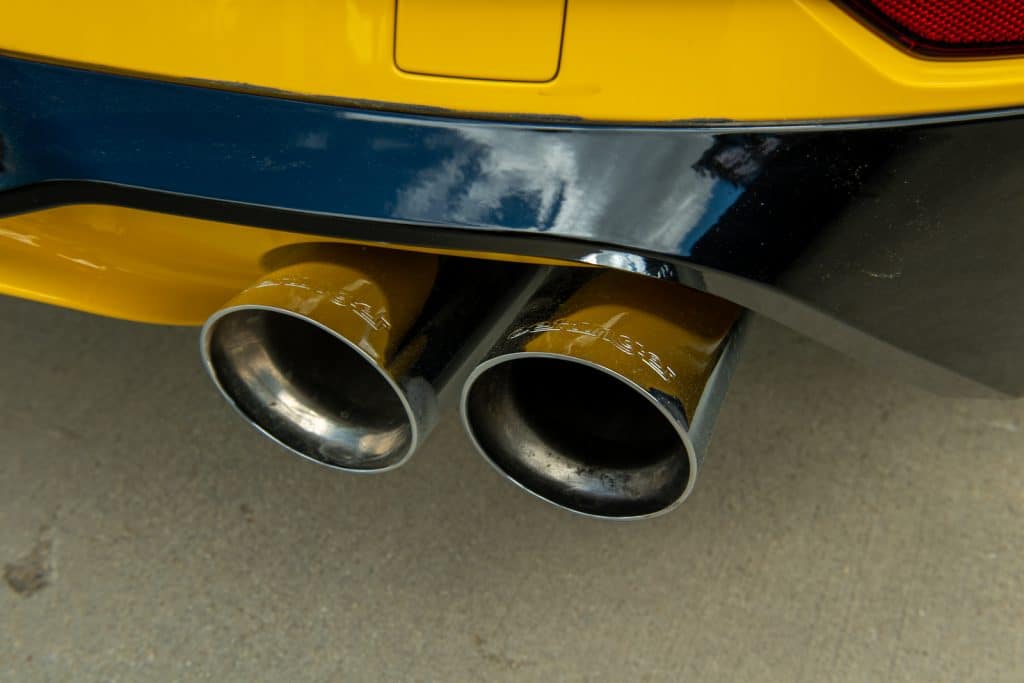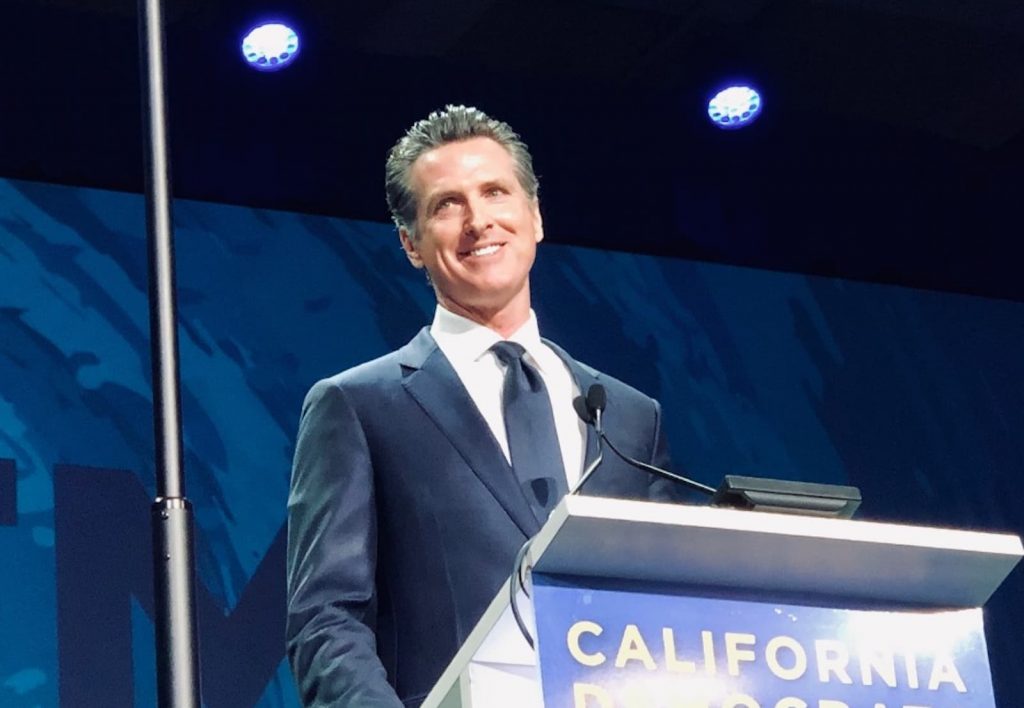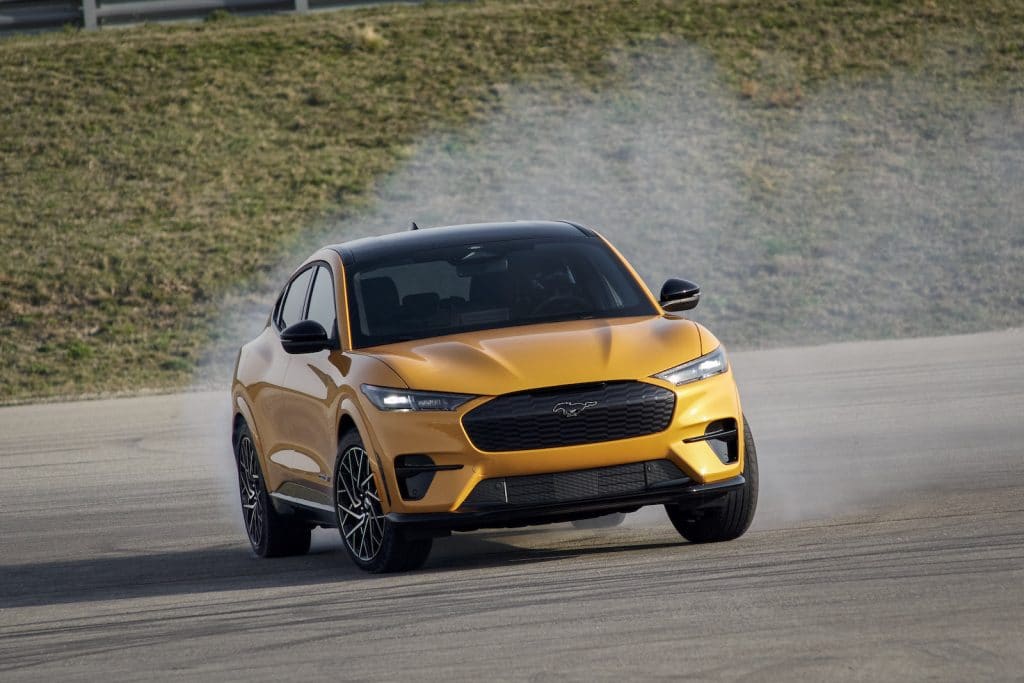Environmental activists are calling on the Biden administration to ban the sales of passenger cars, light-duty trucks and SUVs equipped with gasoline engines by 2030. The State of California, the nation’s largest market for new vehicles, is calling for a ban the sale of new vehicles with gasoline engines by 2035.
Call for tough federal ban

In an opinion piece published online by The New York Times, Daniel Becker, director of the Safe Climate Transport Campaign at the Center for Biodiversity and James Gerstenzang, the campaign’s editorial director, argued for the tougher regulations of auto emissions, noting that President Joe Biden could move to tighten regulations sometime this month.
“As a first step, he should reimpose auto emission reductions for and cars, SUVs and other light trucks to 5% per year as called for under the Obama rules. Because those regulations went through the full rule-making process in 2012 and we’re reviewed in 2017, we believe we should be able to do this with a minimum of red tape,” the Becker and Gerstenzang said.
“Then, he should instruct the Environmental Protection Agency to write rules that phase out sales of gas burning versions of vehicles by 2030. Annual emission should be raised to 7% a year through 2030,” they said.
“These steps, which could take at least a year to make their way through the federal rule-making process and would guarantee the transition to electric vehicles so that cars and trucks are virtually emission free by 2050,” they added.
California rules are not tough enough

They went on to say that the current rules that apply in California, to which automakers such as Ford, Volkswagen, BMW, Honda and Volvo have agreed, don’t go far enough to protect the environment. Those rules include an executive order issued in September 2020 by California Governor Gavin Newsom, calls on California’s state agencies to build a plan to phase out sales of all new gasoline-powered vehicles by 2035.
Other carmakers, such as General Motors, Daimler and Toyota, reluctantly signed on the California deal after the 2020 Presidential election, since Biden had vowed to withdraw a federal lawsuit launched by the Trump administration that had contested California’s authority to set the rules for automotive emissions.
Partisan divisions hamper effort to build consensus

The opinion piece is likely to ignite a full-blown political and legal war with carmakers in the middle, coping with uncertain and volatile regulatory environment as they move through the transition to electric vehicles. At the same time, automakers such as GM want to protect profits from trucks and SUVs powered by gasoline engines.
Conservatives have argued electric vehicles are too expensive, could stifle economic growth and don’t address the needs of ordinary Americans. Many of them are also remain skeptical about climate change. Bjorn Lomborg, Danish political scientist and statistician, has gained renown for his critique of mainstream theories of ecological crisis.
The threat of climate change has become more apparent, according to the Union of Concerned Scientists, which has long been an advocated for tighter emission controls. “People around the country are already experiencing record-breaking drought, deadly heat waves, unusually early tropical storms with the prospect of an above-normal hurricane season, extreme flooding, and major wildfires with a dire forecast of an intense wildfire year in Western states,” the organization noted in appeal to activists this week.
“All these extremes are part of a ‘sobering’ trend — we keep surpassing records year after year, with 2020 tied for the hottest year on record, it said. “The climate crisis is here and we cannot wait,” the organization added.

At the same time, the auto industry has moved on. Since last autumn, GM and Ford have significantly increased the amount of money they are investing in EV technology. Globally, regulators in Europe and China are legislating automakers to expedite the introduction of electric vehicle technology.
As a result, car culture in the U.S. is also beginning to shift. “Car & Driver,” a magazine that has long been considered a ‘’must-read’ for car enthusiasts, announced this week it was naming an “Electric Car of the Year.” The first award will go to the 2021 Ford Mustang Mach-E, the magazine said.







